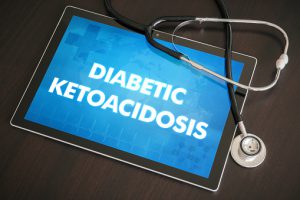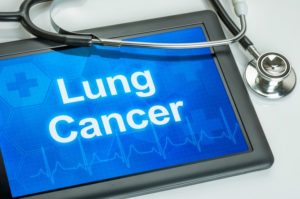 Motion sickness is a common condition that many of us experience at some point in our lives. It is the feeling of nausea, dizziness or uneasiness that can develop during a bumpy or rocky ride. For some, this sensation may occur while traveling in a car, boat, train, plane or other modes of transportation.
Motion sickness is a common condition that many of us experience at some point in our lives. It is the feeling of nausea, dizziness or uneasiness that can develop during a bumpy or rocky ride. For some, this sensation may occur while traveling in a car, boat, train, plane or other modes of transportation.
Motion sickness also referred to as seasickness, carsickness or airsickness is caused when the brain receives mixed signals from our balance-sensing system which consists of our eyes, inner ear (semicircular canals) and sensory nerves. Mixed signals are received by the brain because your eyes cannot see the motion your body is feeling, or conversely, your body cannot feel the motion your eyes are seeing. Motion sickness can start suddenly, typically with a feeling of uneasiness then progressing to other symptoms such as dizziness, a cold sweat, headaches or vomiting.
Children and pregnant women are most susceptible to motion sickness. However, anyone who is traveling can be at risk. Factors that can increase the chances for symptoms to appear include poor ventilation in a vehicle, the type of vehicle, fears or anxieties about traveling or the orientation in which a person is sitting or standing.
Treatment for motion sickness may include medication, home remedies or applying simple changes to your environment. The Centers for Disease Control and Prevention (CDC), recommends the following interventions for treatment or prevention:
- Being aware of and avoiding situations that tend to trigger symptoms.
- Optimizing position to reduce motion or motion perception—for example, driving a vehicle instead of riding in it, sitting in the front seat of a car or bus, sitting over the wing of an aircraft, holding the head firmly against the back of the seat, and choosing a window seat on flights and trains.
- Reducing sensory input—lying prone, shutting eyes, sleeping, or looking at the horizon.
- Maintaining hydration by drinking water, eating small meals frequently, and limiting alcoholic and caffeinated beverages.
- Avoiding smoking—even short-term cessation reduces susceptibility to motion sickness.
- Adding distractions—controlling breathing, listening to music, or using aromatherapy scents such as mint or lavender. Flavored lozenges may also help.
- Using acupressure or magnets is advocated by some to prevent or treat nausea, although scientific data on efficacy of these interventions for preventing motion sickness are lacking.
- Gradually exposing oneself to continuous or repeated motion sickness triggers. Most people, in time, notice a reduction in motion sickness symptoms.
Most cases of motion sickness are mild. Symptoms are typically self-treatable or go away when a person is no longer in motion. However, medical professionals recommend that you see a doctor if you experience motion sickness repeatedly or if symptoms persist after your journey.
To schedule an appointment with a doctor at Jamaica Hospital Medical Center, please call 718-206-7001.
All content of this newsletter is intended for general information purposes only and is not intended or implied to be a substitute for professional medical advice, diagnosis or treatment. Please consult a medical professional before adopting any of the suggestions on this page. You must never disregard professional medical advice or delay seeking medical treatment based upon any content of this newsletter. PROMPTLY CONSULT YOUR PHYSICIAN OR CALL 911 IF YOU BELIEVE YOU HAVE A MEDICAL EMERGENCY.



